NEW YORK — JetBlue (B6) announced today that it would partner with Amazon’s Project Kuiper low-Earth orbit satellite broadband constellation to bring faster and more reliable connectivity to Fly-Fi, its onboard Wi-Fi.
JetBlue is the first airline in the world to announce a partnership with Project Kuiper for onboard internet connectivity. This deal includes outfitting its entire fleet of Airbus A220s and A320 family aircraft beginning in 2027.
“Our agreement with Project Kuiper marks an exciting leap forward for us as the hands-down leader in onboard connectivity,” said Marty St. George, president of JetBlue. “Whether it’s binge-watching a favorite show, staying connected with loved ones, or wrapping up a work project, we’re always looking for ways to make our customers’ time in the air as connected and productive as they want it to be.”
Panos Panay, senior vice president of Amazon Devices & Services says “Staying connected is part of everyday life, even when you're traveling," continuing: "With Project Kuiper, we're working to ensure customers can enjoy fast, reliable internet wherever they are—at home or 35,000 feet in the air—and we’re pumped to bring that to life with JetBlue.”
In a press release this morning, the American carrier stated, “The system is built around a constellation of thousands of satellites in low Earth orbit—connected to each other by high-speed optical links that will create a mesh network in space—and linked to a global network of antennas, fiber, and internet connection points on the ground.”
To date, five successful launches of 104 prototype and production satellites have been carried out since Q3 2023 on board ULA’s Atlas V and SpaceX’s Falcon 9 rockets. More launches are planned with 3rd party launch providers, including ULA, Space, X, and Europe’s Arianespace, until the end of the year, before launches move over to Jeff Bezos’ own Blue Origin and their New Glenn reusable heavy lift launch vehicle.
By the time JetBlue’s fleet begins hardware installation, the constellation network will consist of hundreds more satellites. Internet service is expected to start when the first 578 satellites are launched, with a total of 3,236 units planned for launch. Half of these units must be completed by July 30 of next year. The remaining units must be launched and be fully operational by the same date in 2029, as outlined by a 2020 Federal Communications Commission approval for the constellation.
According to JetBlue, with their current Fly-Fi offering, they are the only major airline to offer free, high-speed internet on every aircraft in their fleet, utilizing satellites in geostationary orbit, which are much farther away than low-Earth orbit satellites.
The carrier will share more details on installation timelines, routes, and aircraft as progress is made.
The Race for Connectivity
JetBlue’s announcement comes as more and more airlines adopt satellite internet on board their aircraft. In North America alone, SpaceX’s Starlink, which has launched more than 7,600 satellites into low-Earth orbit to date, has an extensive footprint.
JSX (XE) was the first to offer Starlink on its fleet of Embraer ERJs, while Hawaiian (HA), United (UA), WestJet (WS), and recently Alaska (AS) are all already offering in varying stages of rollout, or are planning to offer the service on their flights. Internationally, Air France (AF), Qatar Airways (QR), Air New Zealand (NZ), and airBaltic (BT) also offer or will offer Starlink on their flights in varying capacities.
In addition, more airlines are beginning to offer free WiFi, including Starlink, to their loyalty program members, such as Air Canada (AC), Delta (DL), and American (AA), starting next year. JetBlue offers complimentary Wi-Fi to all passengers, regardless of their loyalty program membership.
JetBlue launched Fly-Fi in 2013, becoming the first major U.S. airline to offer free connectivity to all passengers —a title it still holds today, but not for long.
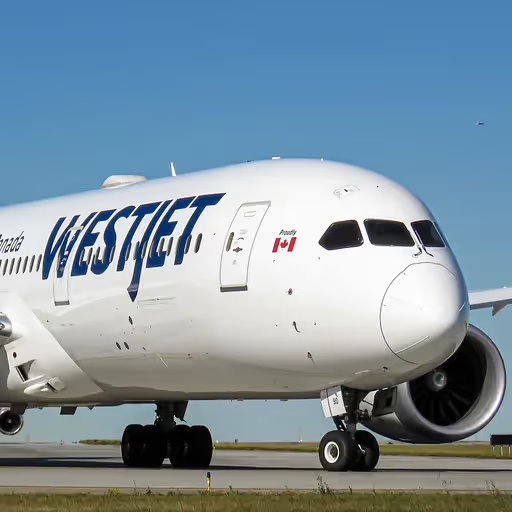

.avif)
.avif)
.avif)
.avif)
.avif)
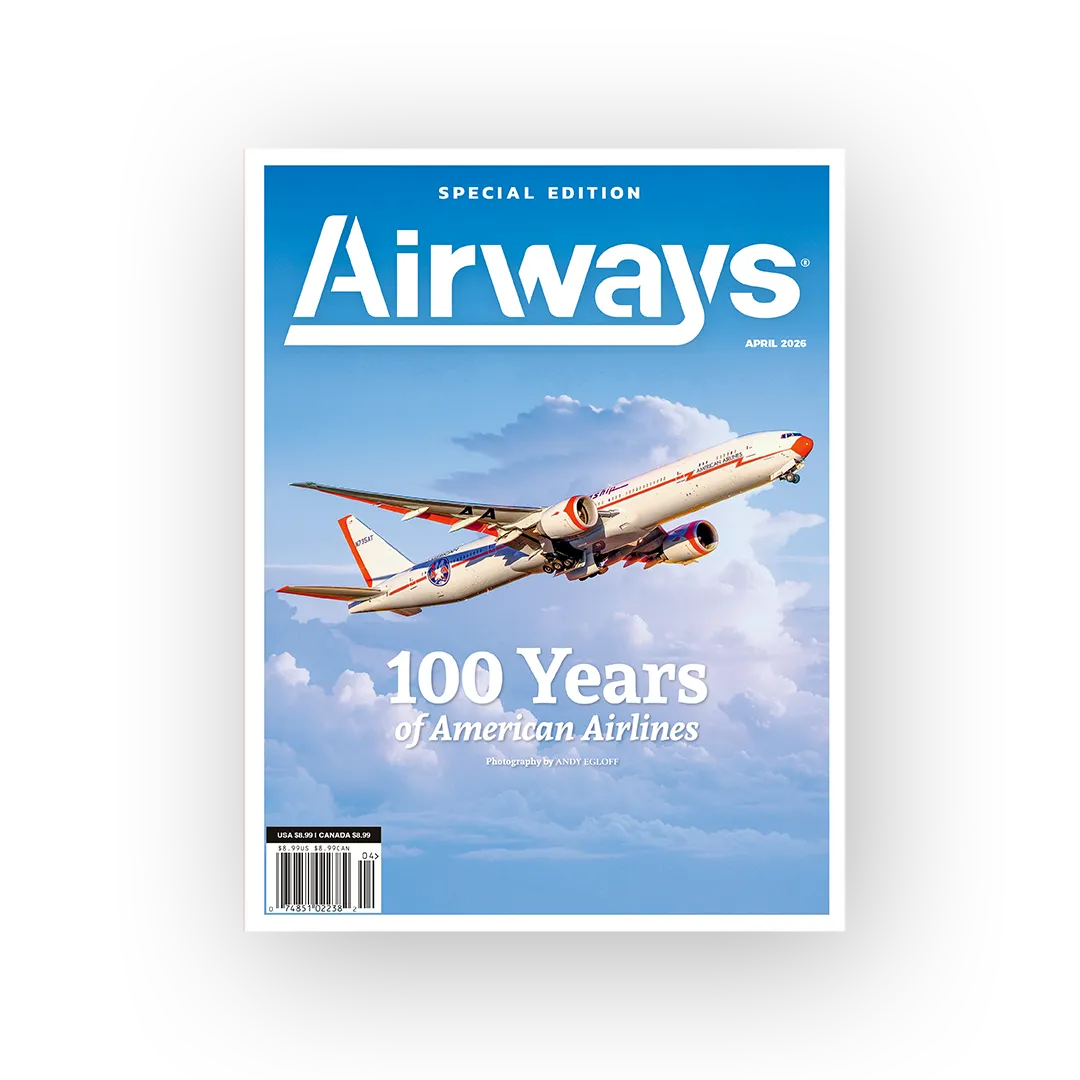

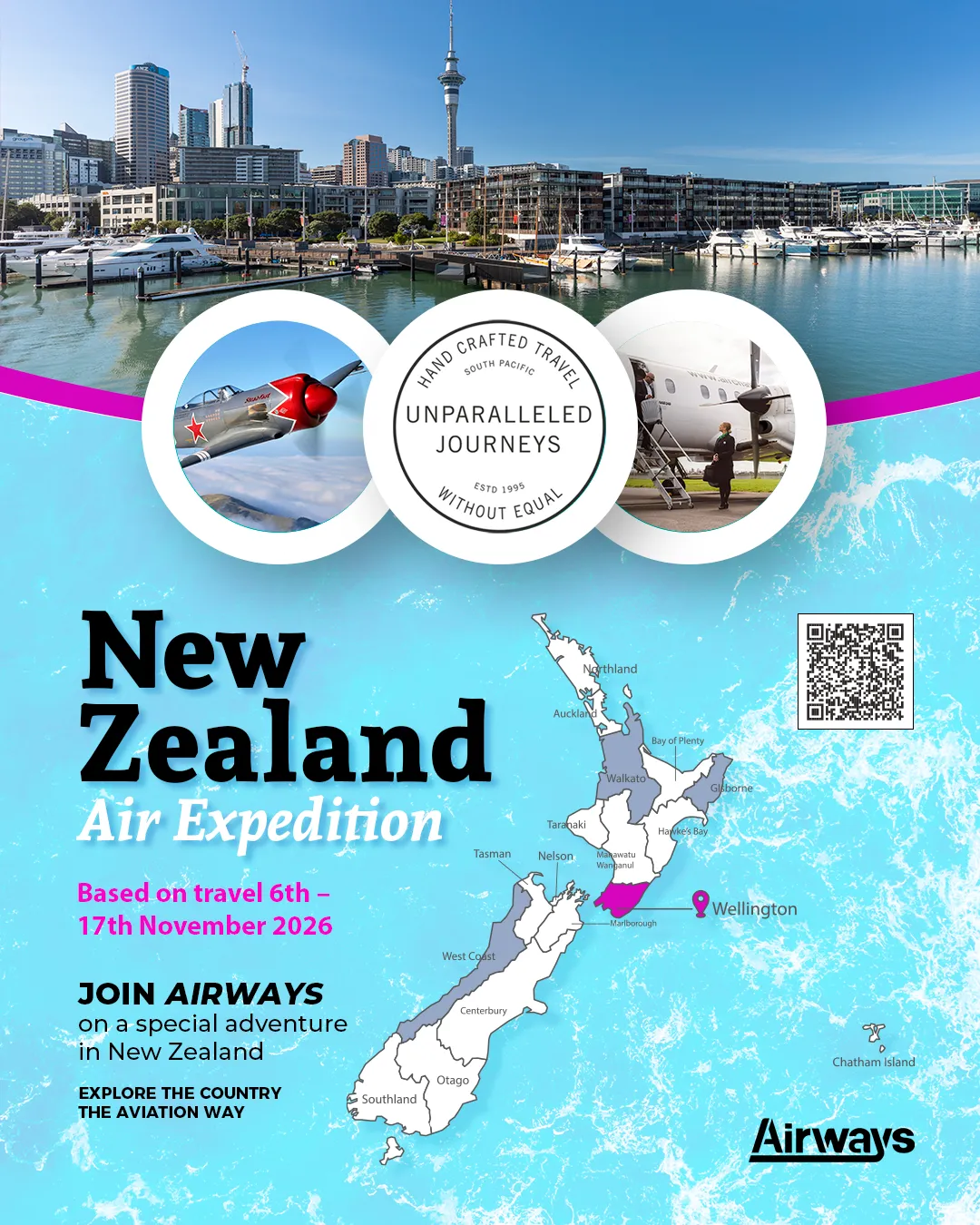
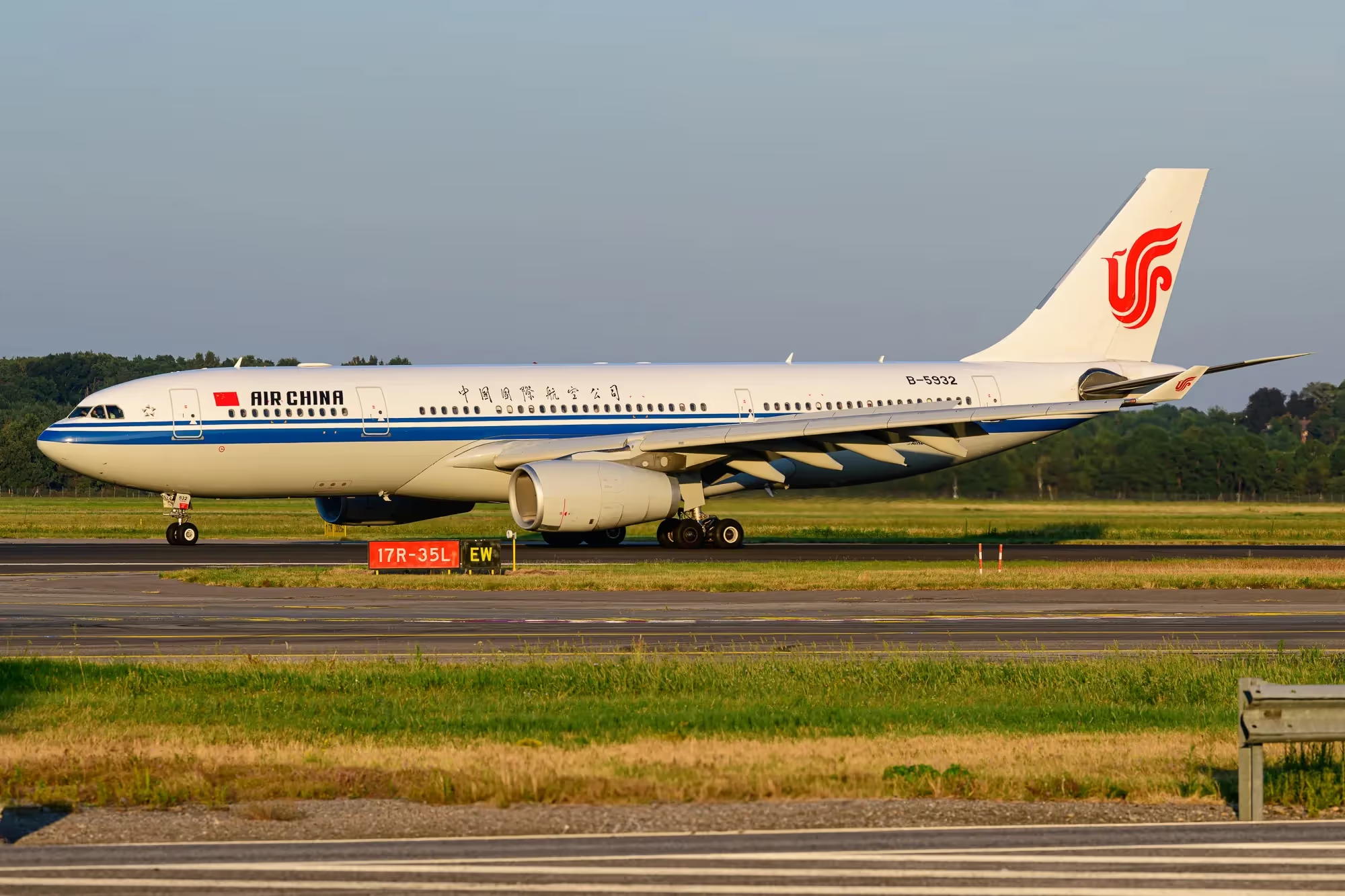
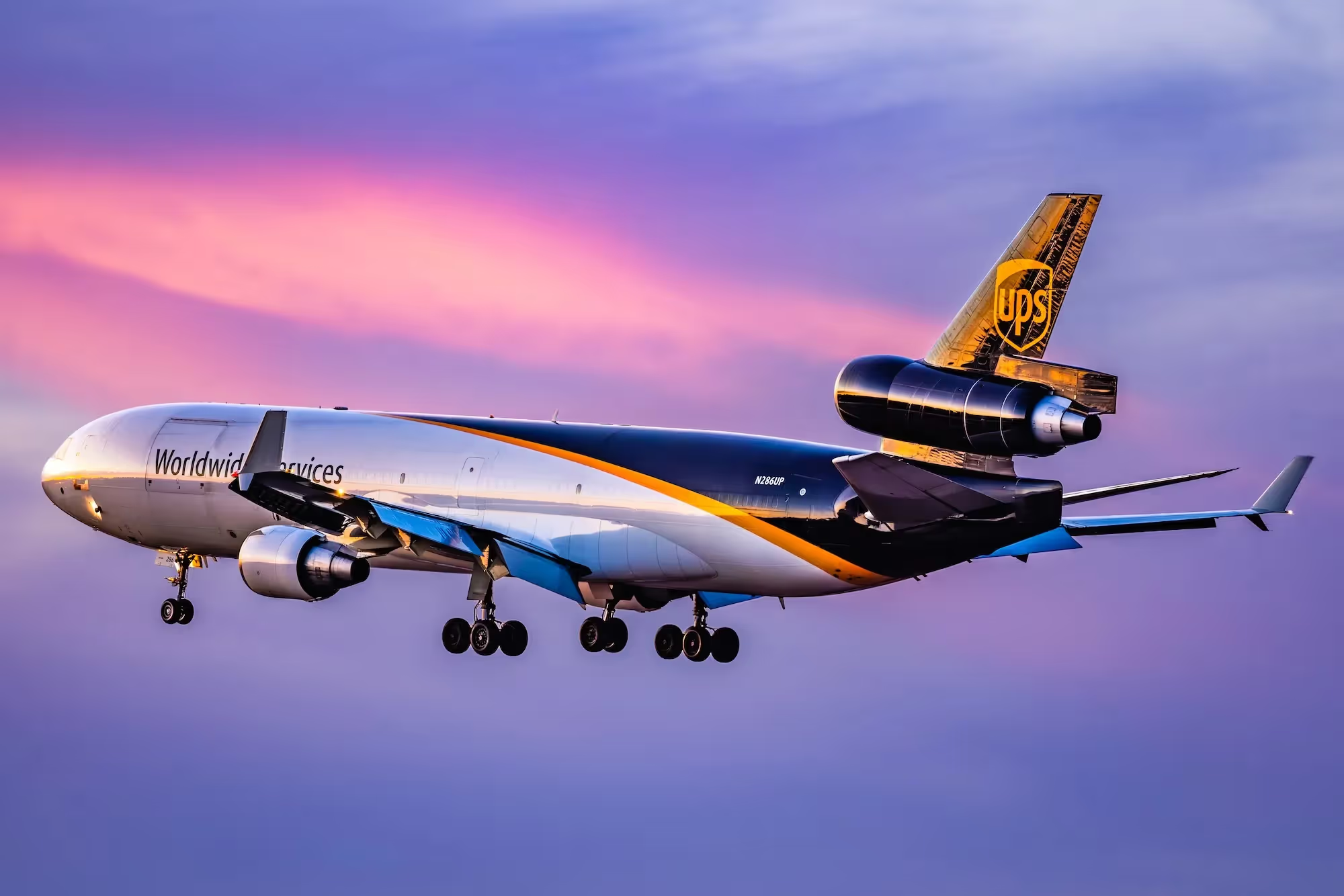
.avif)